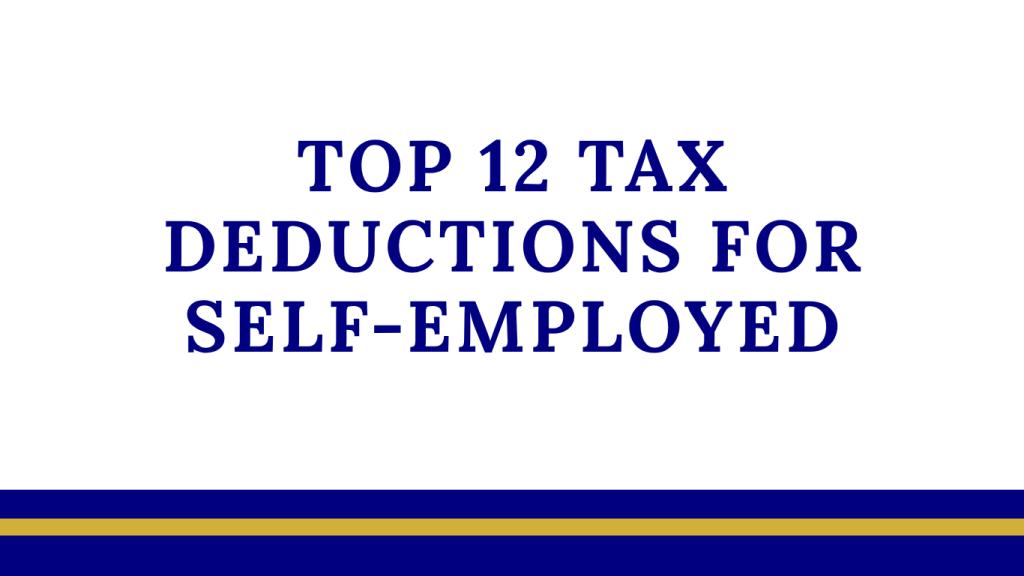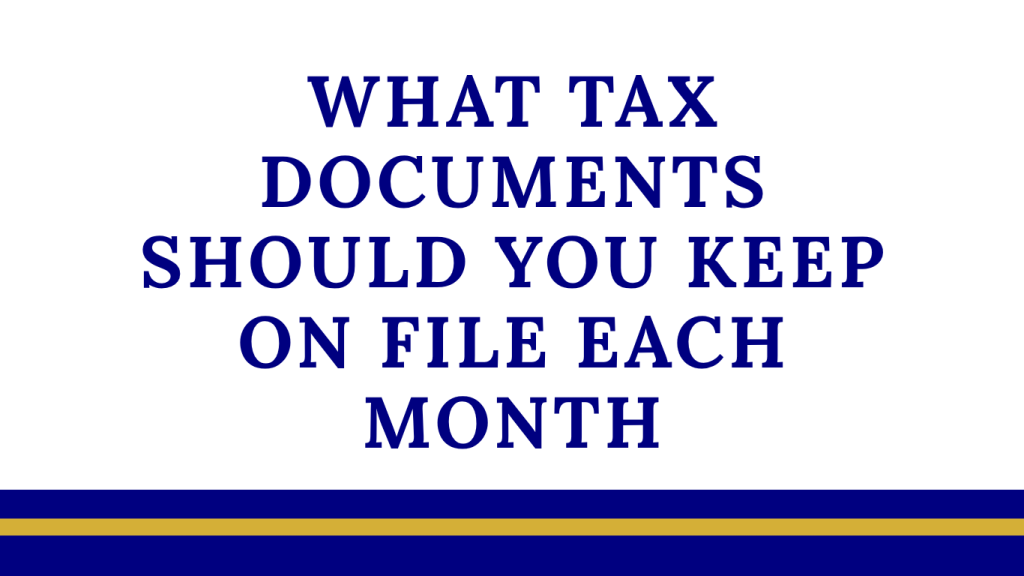When it comes to filing your taxes, it’s not just income documents that matter. There are plenty of other records that can affect your return—especially if you’ve made contributions to retirement accounts, paid certain types of taxes, or qualify for deductions and credits that require additional documentation.
Instead of trying to track these down once a year, it’s a smart habit to store them as you go. This helps you stay organized, avoid missed opportunities, and reduce stress at tax time.
Here are the additional tax documents you should keep on file throughout the year:
- Records of IRA contributions
- Documentation for energy-related tax credits
- Student loan interest statements
- Medical Savings Account (MSA) contribution records
- Proof of self-employed health insurance payments
- Records of contributions to Keogh, SEP, SIMPLE, or other self-employed retirement plans
- Documentation for tax-deductible alimony paid
- Receipts for qualified educator expenses
- Records of state and local income tax payments
- Real estate tax payment records
- Personal property tax payments (such as vehicle license fees based on value)
- Estimated tax payments made during the year, including prior year refunds applied or payments made with an extension
- Direct deposit details (routing and account numbers)
- Foreign bank account information, including location, bank name, account number, and the peak value during the year
Even if some of these documents don’t apply to you every year, having a place to track them ensures you don’t miss anything important when they do. Keeping everything organized and up to date means you’ll be in a better position to file an accurate return and take full advantage of the deductions and credits available to you.



